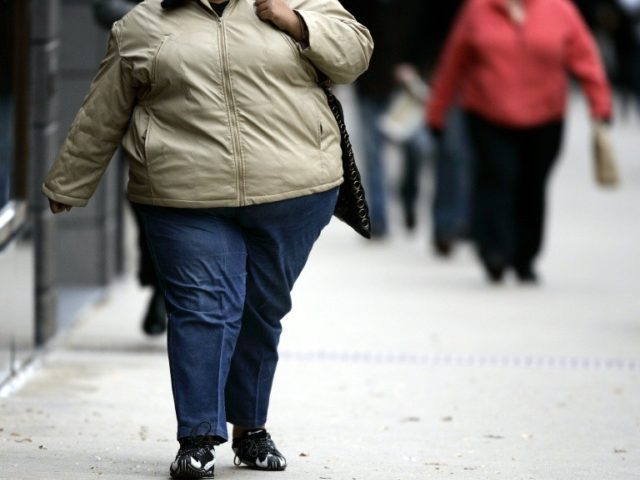A group of Canadian graduate students published an article in the Fat Studies journal which argues that fat people view the concept of time differently than skinny people.
Jami Mcfarland and Vanessa Slothouber, both graduate students at the University of Western Ontario, teamed up with Allison Taylor from York University to explore the notion of “fat time.” The article, which is called “Tempo-rarily fat: A queer exploration of fat time, “explores the ways in which the life journey of an overweight person differs from that of skinny person.
“Fat time” refers that the notion that fat individuals don’t experience time as regulated by a clock. “Fat time” refers to the theory that fat individuals go through life at a unique pace. According to the authors, the major periods of the typical life — childhood, marriage, childrearing, retirement, death — take place at different times in the life of a fat person. For some, certain events, like marriage, may not happen at all.
The authors consider how heteronormative temporal arrangements regulate fat bodies. Fat bodies, like normative bodies, are made meaningful in relation to normative notions of time. Fat bodies, however, fail to “keep up” with normative tempos. Accordingly, the authors explore how fat bodies are always already positioned outside of these (hetero)normative timelines by analyzing three temporal markers of “straight” life, or normative rites of passage, that mark “progress” in a heteronormative timeline: marriage, reproduction/childrearing, and death. First, the authors argue that subjects are only successful within heteronormative sequential temporal schemes of living if they are normatively sized and shaped, evidenced by discourses encouraging weight loss as a solution to finding a spouse, successfully reproducing and rearing children, and ensuring a long life and garnering wealth to pass onto future generations.
The authors conclude by arguing that fat people should consider their unique life journey as liberating. Why? Because their circumstances don’t tie them down to the standard progression of the typical life. For example, instead of marriage and childrearing, a fat person might choose instead to spend that portion of their life traveling the world.
Second, they contend that cyclical time governs the ways in which (fat) women’s bodies are managed, specifically regarding the gaining and losing of weight in accordance with normative markers of time. Overall, the authors explore how fat subjects are limited or constricted by chrononormativity. However, rather than positioning these limitations as wholly oppressive of fat subjects, the authors conclude that queer/ed fat temporalities offer opportunities for reimagining different ways of life and time.
Yesterday, Breitbart News covered an academic article that argued that the American home is an oppressive, cisgendered space. Temple University Professor Max J. Andrucki explained that queer individuals should furnish their homes with queer objects to remind them of “queer time.”

COMMENTS
Please let us know if you're having issues with commenting.